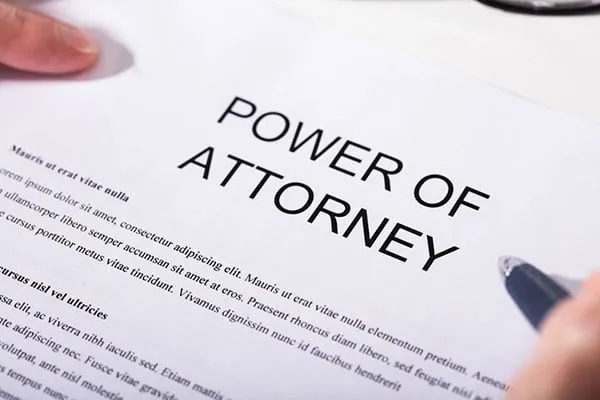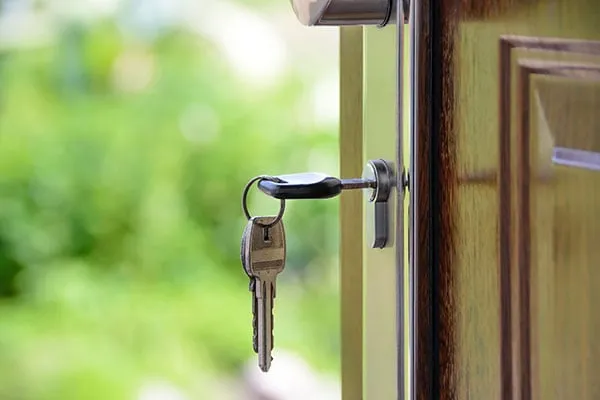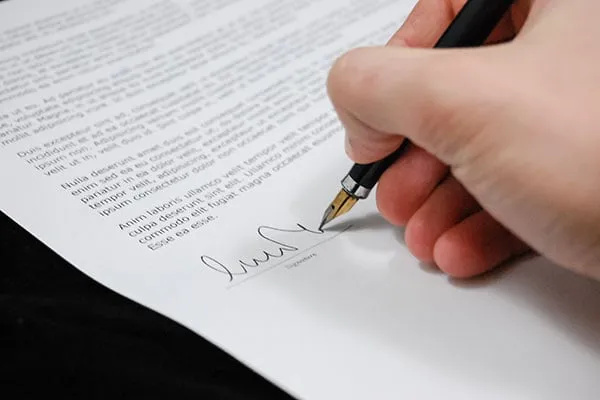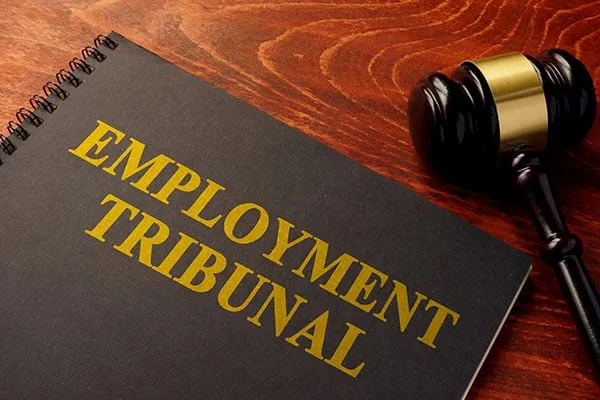Personal Legal Services
The team of legal and professional experts at Swansea Legal Solutions offers a wide range of personal legal advice to individuals and their families. Whatever your personal circumstances, we are able to offer guidance for life’s journey that is tailored to your needs.
We provide practical legal advice on a broad range of issues that is communicated to you in a way that you will understand. We also invest time in getting to know you so we are able to get a clear picture of your needs and to build a close working relationship.
Our team is highly accessible and happy to meet at our offices, have a virtual meeting or meet you in your home if you would prefer to do so. Fees will be discussed with you from the very beginning and provide clear estimate costs for each stage of our work.
So, in addition to receiving high quality legal advice and service you can be sure of the total costs up front.
Wills, Probate & Estate Planning
Wills
Death, illness and incapacity are not topics many of us like to discuss but looking after loved ones is important to many of us. Whether you are making a will, setting up a Lasting Power of Attorney (LPA) or acting as an Attorney or Deputy for someone else, Swansea Legal Solutions can help.

No matter how complex your situation may seem, our experienced team will take your wishes into account, to help make sure your affairs are left in good order.
Why You Need a Will
Having a will is important for all adults as it legally protects your family members and loved ones as well as ensuring your wishes are followed and respected once you have passed.
The expert team at Swansea Legal Solutions has come up with the top five reasons why having a will is so beneficial when it comes to protecting your estate.
1. Clarity about your estate: a will is a legally binding document that lets you decide how your estate will be handled upon your death. If you die without a will, there is no guarantee that your intended wishes will be carried out.
2. Protecting minor children: a will allows you to make an informed decision about who should take care of your minor children. If you don’t have a will, a court will have to make this decision and appoint a suitable guardian whom you may not want.
3. Avoiding extended probate: if your estate requires probate, a will speeds up the probate process and confirms to your representatives how you would like your estate divided. If you die ‘intestate’ the statute of law will decide how to divide your estate which which can cause long, unnecessary delays.
4. Minimising inheritance tax: having a will along with appropriate estate planning advice can help to minimise the amount of inheritance tax the beneficiaries of your estate will have to pay.
5. Appointing suitable executors: by making a will, you are in control of deciding who will be responsible for handling your estate through the appointment of executors. These are the people who will carry out key tasks such as notifying the authorities, contacting your bank etc. To avoid the added stress on families during an already emotional time, it is advisable to make a will with the help of an experienced legal professional before it’s too late.
Tomorrow is not promised, indecision and the unwillingness to accept death can be common reasons for not having a will. Sometimes the realisation that wills are necessary may come too late due an unexpected death or disability.
Note of caution: many people are tempted to use online platforms to draft their wills. While this option may seem attractive in terms of cost, that’s where the benefits stop!
The main issue with online wills is that when they go wrong, they tend to go badly (and expensively!) wrong. Usually, by the time the critical mistakes that an online will contains are noticed, the person who made the will has already passed away leaving the heirs to deal with the consequences.
What’s more a poorly drafted will could be declared invalid if it is too vague. So, while opting to make a will online may seem attractive, it does come with extremely high risks. To avoid the added stress on families during an already emotional time, it is always advisable to make a will with the help of an experienced legal professional.
Download our guide to Wills, Probate and Estate Planning here.
FAQ’s
Why Do I Need a Will?
You need to a Will to ensure your assets go to the right people without delay.If you die without a will, there are certain rules which dictate how the money, property or possessions should be allocated. This may not be the way that you would have wished your money and possessions to be distributed.
Unmarried partners and partners who have not registered a civil partnership cannot inherit from each other unless there is a will, so the death of one partner may create serious financial problems for the remaining partner.
If you have children, you will need to make a will so that arrangements for the children can be made if either one or both parents die.
Why You Should Avoid Making Your Own Will Online?
The danger of using an online website to create your DIY will may save time and money but in many instances, errors or inconsistencies in the will could lead to it being invalid.
Some do not offer the relevant legal advice you will need and hide future charges whilst others simply generate an automated document based on the answers you provided online rather than what is most appropriate for you.
What is Probate and Why Do I need It?
In England and Wales, probate is the legal and financial process of dealing with the property, money, and possessions (referred to as the assets) of a person who has died. Before a deceased’s assets can be claimed, distributed or sold by the next of kin or an executor, you may have to apply for Probate first, depending on stipulations in the will and the value of the assets.
For small estates with no property and less than £5,000 in the bank, probate isn’t likely to be needed. Banks and other financial institutions set their own limits for probate, so it’s worth checking with them whether they need a grant of representation to release funds.
Is Probate Required if there is a Will?
The need for probate depends on the financial situation of the deceased person and not on whether there is a will or not. The process is very similar regardless if a will exists but some of the administration and terminology will be different.
If there is a will and probate is needed, then the executor needs apply for a grant of probate. If there is no will, then the administrator will need to apply for a grant of letters of administration.
What is Estate Administration?
Estate administration is the process of handling a person’s legal and tax affairs after they have died. This means dealing with all of their assets (e.g. property, personal possessions, bank accounts etc.), paying any Inheritance tax and Income tax and distributing inheritance to the estate’s beneficiaries.
What is the Difference between Probate and Estate Administration?
The difference between probate and estate administration is that probate is just one part of the wider estate administration process. Probate provides you with the legal right to carry out the estate administration, including dealing with property, money and personal possessions.
Probate & Estate Administration
Sorting out an estate takes time and can often be extremely complex. At Swansea Legal Solutions we can take the pressure off by ensuring an estate is administered efficiently, with compassion and in line with the deceased person’s wishes.
If you are an executor or administrator of an estate, you are personally responsible for your actions and often control assets of significant value. It is therefore important that you understand your role and the probate and estate administration process. Otherwise, you could become personally liable if the estate is not administered correctly.
At a minimum, it is a good idea to obtain independent legal advice at the outset, so that you are aware of what is involved and to avoid making serious errors.
We can offer probate advice and assist with any particular aspect of the estate, from inheritance tax advice or helping with practicalities such as recommending valuers and estate agents for selling a property.
We can also help those who inherit to plan their tax affairs and put a will of their own in place.
As mentioned, probate and its estate administration can often be complicated, depending on the deceased person’s estate and what they have already put in place. The key information that would be required is:
- the assets and liabilities of the estate
- if there are jointly owned properties
- if there are relevant lifetime gifts
- if a trust has been set up
- if there are any legacies.
Once this information is obtained, the executors will be able to complete the necessary formalities to apply for and obtain the Grant of Representation. A grant of representation is a High Court authority which allows the executors or administration appointed to deal with distribution of an estate.
We can advise you with any inheritance tax payable (including advice on available reliefs and exemptions to keep tax liabilities to a minimum).
Further duties of an Executor is to deal with any inheritance tax payable (we can provide advice on available reliefs and exemptions to keep tax liabilities to a minimum) and consideration, where appropriate, of the possibilities of a deed of variation to change the distribution of the estate or to save tax.
Lasting Power of Attorney
As we get older, we may become physically and mentally incapacitated. As a result, we will need our children or carers to carry out certain tasks on our behalf. The law creates a secure framework called a Lasting power of Attorney (LPA) which protects you and your assets while enabling it to be used for your care under the safe supervision of the courts.
At Swansea Legal Solutions this is one of the main services we offer to people who are looking to plan ahead and have peace of mind that your loved ones can help and protect you. (Read our full Lasting Power of Attorney services)
Contact Us Today:
At Swansea Legal Solutions, we have assisted hundreds of clients to make their wills as well as unravelling any issues for people who have made on-line wills only to find they are not valid.
Call us today on 01792 420844 to chat to a member of our expert team.

Jackie Owen-Blunt: Swansea
“Having used the services of Gareth Milne previously I had no issue in recommending him to my mother for whom he has prepared Lasting Powers of Attorney and a Will. I would recommend using Swansea Legal Solutions Ltd.

Darren Gregory: Swansea
“I was impressed by David Henry’s ability to explain complex legal jargon into plain English. There were no airs or graces. He was efficient, effective and decisive which resulted in a successful outcome.

Giles: Swansea
“Legal solutions were attentive, supportive and swift and made sure I was fully satisfied with their work.



Our Services

Will, Probate & Estates

Lasting Power of Attorney

Property Trusts

Care Fees

Funeral Planning

Business LPA’s

HR Advice & Employment Law

Landlord & Tenant Services
